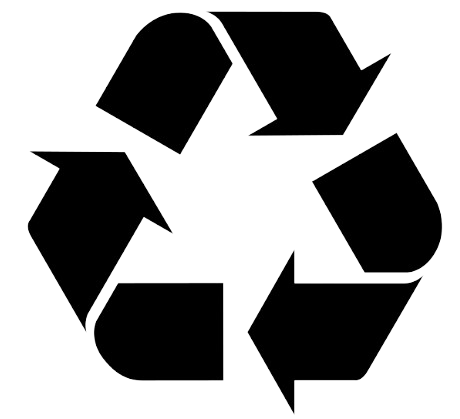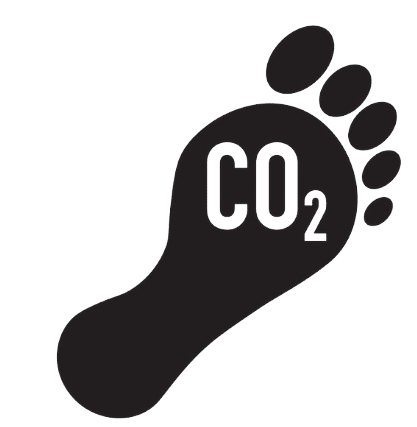Emerging Sustainability Trends in the UK in 2024
.jpg)
It’s a brand new year, and at Kedel, our commitment to promoting and encouraging greener, more sustainable living is as important as ever.
As concerns about environmental sustainability continue to mount, the United Kingdom has steadfastly embraced the challenge of revolutionising waste management practices. In 2024, the UK is witnessing a surge of innovative recycling initiatives, with a particular emphasis on the use of recycled plastic materials, renewable energy integration, and dynamic community initiatives. The first Kedel blog of 2024 explores the emerging waste recycling trends that are propelling the UK towards a more sustainable future!
New Recycling Initiatives
 (1).jpg)
The UK is at the forefront of launching new recycling initiatives aimed at optimising waste diversion from landfills and enabling resource recovery. One such initiative gaining traction is the implementation of a decentralised recycling system. This approach empowers communities and neighbourhoods to establish mini recycling centres, promoting localised waste processing and minimising transportation emissions.
Additionally, the concept of "precycling" is emerging, which encourages consumers to make conscious purchasing decisions towards products with less packaging or those made from easily recyclable materials. This initiative involves creating campaigns that educate people about the environmental impact of their consumer choices, motivating them to choose eco-friendly alternatives.
We’re also looking forward to seeing the development of recycling education programs in schools. By integrating waste management and recycling education into the curriculum, children become aware of the importance of environmental sustainability, fostering a culture of responsible waste disposal and recycling from an early age!
Use of Recycled Plastic Materials
Addressing the pressing issue of plastic waste, the UK is witnessing a significant shift towards the use of recycled plastic materials in various industries. In 2024, initiatives are being rolled out to encourage manufacturers to incorporate recycled plastics into their products, thereby closing the loop of plastic pollution and reducing reliance on virgin plastics.
Collaborations between recycling facilities and manufacturers have led to the development of advanced sorting technologies, ensuring that recycled plastics meet the required quality standards. This enables manufacturers to integrate recycled plastics into a wide range of products, including outdoor furniture, landscaping products and even construction materials.
Community-Led Initiatives
.jpg)
Community empowerment is a driving force behind the UK's waste recycling trends in 2024. Grassroots movements and community-led initiatives are fostering a sense of collective responsibility and engagement in waste management practices.
One prominent community-led initiative is the establishment of "repair and reuse" centres. These centres provide the necessary tools, space, and expertise for individuals to repair household items, extending their lifespan and reducing the need for new purchases. The centres also offer workshops to educate community members about various repair techniques, encouraging a shift towards a more sustainable and circular economy.
Furthermore, community-based recycling schemes, such as "zero-waste" community initiatives, are gaining popularity. They promote localised waste management systems, such as composting programs and community compost hubs, reducing waste sent to landfills and enhancing resource utilisation at the community level.
Expanding Renewable Energy Sources
.jpg)
In 2024, the UK continues to make significant strides in embracing renewable energy solutions, including;
Offshore Wind Power
One of the most prominent trends in the UK's green energy landscape is the continued expansion of offshore wind power. Driven by technological advancements and decreasing costs, offshore wind farms have become an integral part of the nation's energy mix. In 2024, the UK expects to see a substantial increase in installed capacity, positioning itself as a global leader in this field.
Solar Energy Adoption
In response to growing concerns over climate change and carbon emissions, the UK is also witnessing a significant increase in solar energy adoption. Falling installation costs, coupled with advancements in solar panel efficiency, have made solar systems financially attractive for both households and businesses.
Expansion of Electric Vehicle Infrastructure
The transition to green energy in the UK is not limited to power generation; it extends to the transportation sector as well. With the government's aim to ban the sale of new gasoline and diesel vehicles by 2030, the adoption of electric vehicles (EVs) is rapidly gaining momentum. In 2024, the UK is investing heavily in the development of EV charging infrastructure across the country, ensuring accessibility for EV owners and promoting the widespread adoption of these eco-friendly vehicles.
Through innovative recycling initiatives, the adoption of recycled plastic materials in various industries, the integration of renewable energy technologies, and community-led initiatives, the UK is spearheading change in waste management practices. These emerging trends signify an exciting shift towards more sustainable practices, fostering a circular economy and encouraging community engagement. At Kedel, we're looking forward to continuing our work to promote and push sustainable practices in 2024, from innovative recycled plastic products to community education. To find out more about Kedel and our products, do not hesitate to get in touch with a member of the team.

.png)

 100% Recycled Plastic
100% Recycled Plastic Will Never Rot
Will Never Rot 25 Year Guarantee
25 Year Guarantee Low Carbon Footprint
Low Carbon Footprint